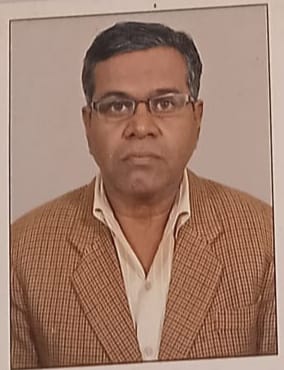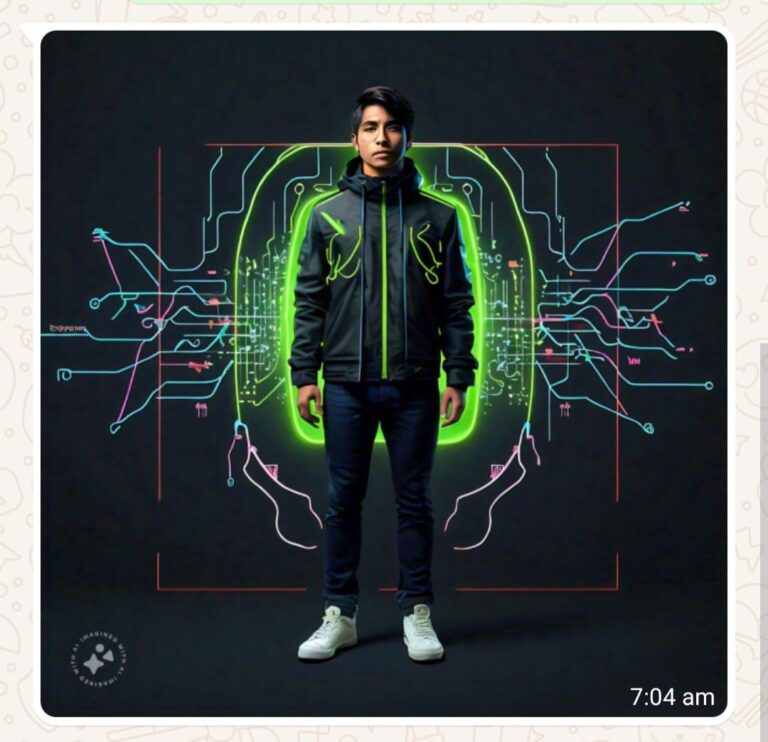Decoding the Concept
Empire of Future will be Empire of Mind
The concept “The empire of the future will be the empire of the mind” encapsulates the shifting paradigm of power and influence in the world. In the past, empires were built on military strength, territorial expansion, and economic dominance. Nations exerted their power through physical means, whether through armies, natural resources, or trade routes. However, in the modern era, it is becoming increasingly evident that the future will belong not to those with the most land or weapons, but to those who excel in knowledge, innovation, and intellectual capability. The foundation of power is moving from the tangible to the intangible, from physical assets to intellectual ones.
The first dimension of this shift is the rapid advancement of technology and information. With the rise of the digital age, knowledge and information have become the most valuable commodities. The ability to innovate and harness new technologies will determine the success of nations, corporations, and individuals. This has given rise to the concept of the knowledge economy, where intellectual property, data, and creativity are more important than traditional physical resources. Nations like the United States, China, and others are investing heavily in research and development, artificial intelligence, and space exploration—fields that rely on intellectual superiority.
Moreover, education and intellectual capital will be key drivers of this new empire of the mind. Societies that prioritize education, critical thinking, and creativity will hold the upper hand in global competition. The ability to foster innovation through education systems, research institutions, and cultural support will enable countries to produce leaders and thinkers capable of solving complex global problems.
In this context, soft power, or the influence exerted through culture, ideas, and diplomacy, will also be a vital tool in the empire of the mind. Nations can extend their influence not through coercion, but through the promotion of their values, culture, and intellectual contributions to global challenges such as climate change, health crises, and peace-building.
Finally, the globalization of knowledge means that no single nation can dominate the world without cooperation. Information flows freely across borders, and collaboration in science, technology, and innovation is crucial for progress. This interconnectedness of minds from different parts of the world will create a global empire built on shared knowledge and mutual intellectual advancement.
In conclusion, the empires of the future will be those that master the realm of the mind—those that invest in education, creativity, and technology. In a world where knowledge is power, the ability to think, innovate, and influence through ideas will determine global leadership, making the empire of the mind the definitive power of the future.
Digital arrest and Isreal’s cutting-edge technology warfare have become potent tools in modern day battle of wits
The concept of “digital arrest” highlights the growing use of technology in law enforcement to control and monitor populations with minimal physical intervention. This shift towards digital measures exemplifies a “mind game” approach, where intelligence and data are leveraged over traditional muscle power. Surveillance systems, AI-driven facial recognition, predictive policing, and cybersecurity measures allow authorities to track, predict, and control potential threats with precision. This minimizes the need for physical confrontation, which can be both resource-intensive and publicly visible, and instead uses a more calculated strategy to maintain order. In addition, digital arrests can have psychological effects by making individuals aware they are constantly monitored, reducing crime through deterrence rather than force. This approach also helps mitigate the pollution and environmental costs associated with large-scale policing operations, such as vehicles, fuel, and logistical supplies needed for physical interventions.
Israel’s geopolitical stance and its resilience against adversities, particularly in the Middle East, are often attributed to its technological advancements, which have enabled it to minimize pollution while maintaining security. The country is recognized as a global leader in defense technology, cybersecurity, and sustainable energy, allowing it to adopt solutions that are both effective and environmentally responsible. Israel’s Iron Dome, a missile defense system, exemplifies this; it efficiently intercepts potential threats while reducing the need for traditional defense methods, which are typically more invasive and resource-intensive. Israel’s advanced agricultural and water technologies, like drip irrigation, also reduce its reliance on foreign resources, enhancing its self-sufficiency.
Israel’s technological edge provides a strategic buffer against external threats, reinforcing its security and diplomatic position in a region with significant ideological and political tensions. The country’s focus on sustainability also serves as a model for reducing reliance on finite resources and addressing climate-related security risks. These factors combined illustrate how advanced technology, both for law enforcement and defense, fosters national resilience while prioritizing sustainability.







